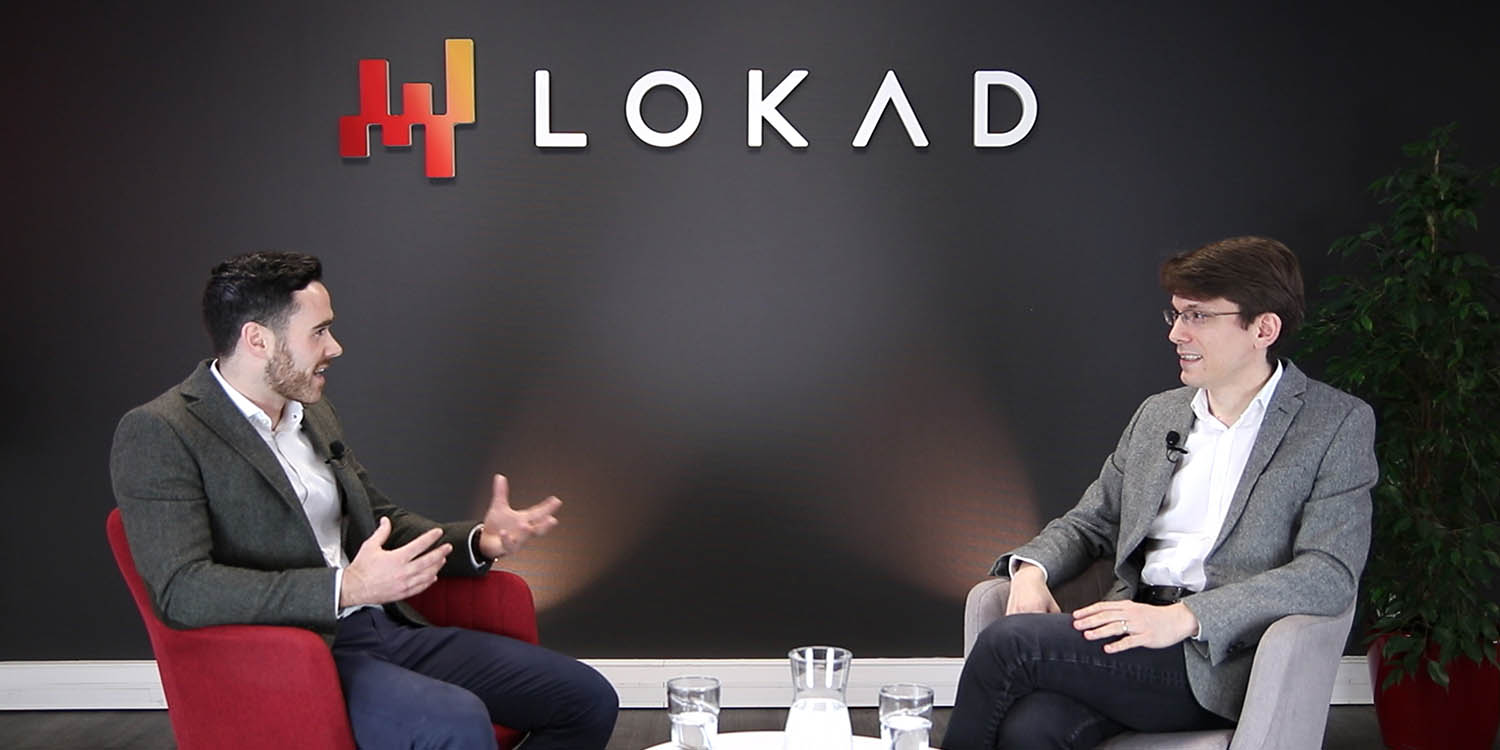Supply Chain science and tech
BACK TO LOKAD TV ›
Why SKUs Aren’t That Simple
The Stock Keeping Unit (SKU) refers to a specific product stored in a specific location. SKUs are central in most inventory control sytems. Many inventory methods are geared around the notion of SKUs. However, the SKU perspective is sometimes detrimental to the very problems that the supply chain is trying to address.
A Domain Specific Language (DSL) for Supply Chain
Supply chains are so complex that regular configuration-driven software can't accomodate the sheer diversity of situations faced by practitioners. These limitations apply to inventory control problems as well as demand forecasting situations. Domain-specific languages (DSL) provide an answer to this class of problems.
What Is Slowbalization?
Due to a vast spectrum of factors, world trade as we know it is changing. From Europe to Asia to the United States, there are changes in the air that have resulted in political forces around the world leaning away from long-standing trends of economic globalization, such as Donald Trump's recent tariff stance against China.
Negative Knowledge in Supply Chain
The Supply Chain Antipatterns represent negative knowledge, that is, knowledge about what doesn't work. Surprisingly, negative knowledge tends to be more robust and more lasting than its positive counterpart, that is, knowledge about what works.
Toxic Patterns In Supply Chain Software
Great software products in supply chain are few and far between. Most products start as mediocre, and unfortunately, go downhill as years pass. In this episode of LokadTV we explore why we are so 'out of love' with the products we use in the Supply Chain industry and learn what are the key symptoms of the dismal IT landscape many companies find themselves in nowadays.
Differentiable Programming in Supply Chain (Part 3/3)
Differentiable Programming is a hybrid perspective between statistical learning and numerical optimization. This mix is uniquely suited to deliver predictive optimization for supply chains, which also require a mix of learning and optimization.
Differentiable Programming in Supply Chain (Part 2/3)
Yann LeCun, the director of AI research at Facebook, argues that ‘Deep Learning’ has out-lived its usefulness and has coined Differentiable Programming as a fresh machine learning perspective. In particular, this perspective proves itself of prime relevance to address supply chain challenges.
Differentiable Programming in Supply Chain (Part 1/3)
Differentiable Programming is the descendant of Deep Learning. It has unlocked a series of challenges that were previously seen as unsolvable and has paved the way for considerable progress and superior numerical results in the world of supply chains.
Why DDMRP Is Fundamentally Flawed
Demand Driven Material Requirements Planning (DDMRP) is a multi-echelon planning and execution method. This technique is a further development of MRP and works through strategically placed decoupling points and stock buffers in a supply chain. It has been described as being ‘Built for People, Not Perfection’. In this episode of LokadTV we try and learn whether this method really works in practice and why.
The Problem With Flowcasting
Flowcasting has been previously described as 'The Holy Grail of demand-driven supply chain planning'. But just what is it exactly? 'Flowcasting the Retail Supply Chain', a book published in 2006, presents a series of techniques that were intended to revolutionize the retail industry. In this episode of LokadTV, we learn a little more about this concept and debate why a technique that was published in 2006 is still of interest today.
Data Security in Supply Chain
Data is both an asset and a liability. Supply chains require extensive historical records for tracability purposes and to ensure the accuracy of demand forecasts. However, data leaks are damaging events both for the company and its clients. Supply chains have to protect both their physical and software infrastructures.
Blackboxing and Whiteboxing
Any nontrivial demand forecasting model becomes a black box for supply chain practitioners, that is, an opaque subsystem that produces numbers that are difficult to understand and to challenge. Whiteboxing, as part of the Supply Chain Management practice, is the answer to this problem. Practitioners don't need to understand the 'how' but need to understand the 'why'.











